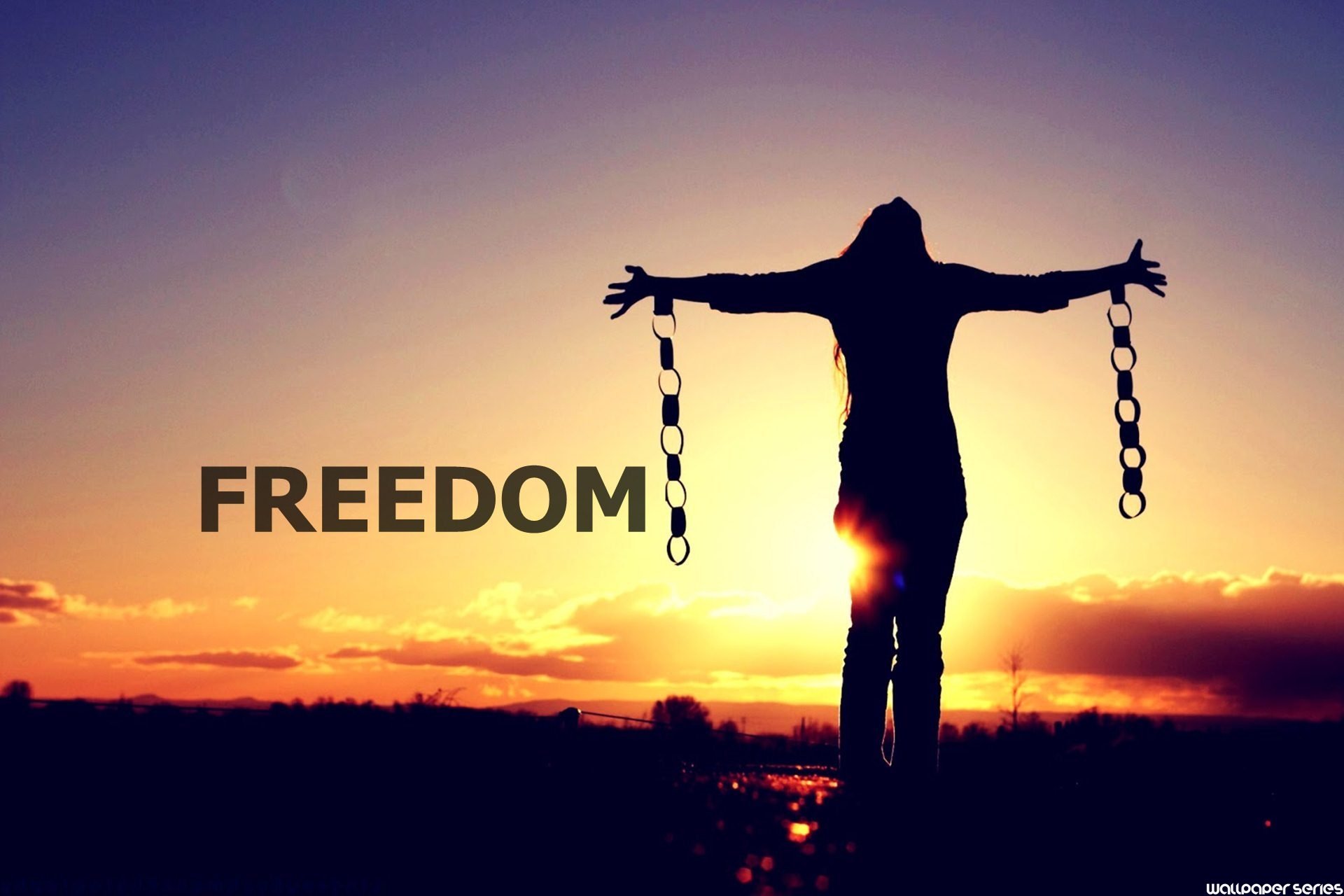The quest for freedom is an intrinsic aspect of the human experience, a fundamental right entwined with dignity, autonomy, and opportunity. However, when considering the plight of refugees and marginalized individuals, the implications of freedom manifest in far more complex and challenging dimensions. In this exploration, we delve into the Bahá’í teachings, which provide profound insights into the nature of freedom and its attainability for refugees and, by extension, everyone.
At the heart of Bahá’í philosophy lies the concept of the oneness of humanity. This principle asserts that all individuals, regardless of their nationality, ethnicity, or social station, are inherently equal and deserving of freedom. The devastating consequences of war, persecution, and natural disasters thrust millions into refugee status. This dislocation not only strips individuals of their physical homes but also poses a dire threat to their emotional and psychological well-being. It raises a pivotal question: Is true freedom merely the absence of physical restraint, or is it the presence of socio-economic opportunities and emotional liberties?
A nuanced understanding of freedom requires embracing the dual dimensions of liberty: the external and the internal. External freedom pertains to the conditions that allow individuals to navigate their world without restraint. Internal freedom, conversely, refers to an individual’s state of mind and their ability to cultivate resilience, hope, and purpose amid adversity. In the context of refugees, the Bahá’í teachings advocate that inner freedom is essential and can be cultivated even amid external constraints. Individuals can find solace in faith, hope, and community, providing a foundation for an enduring sense of freedom.
Furthermore, the Bahá’í emphasis on education as a vehicle for empowerment exemplifies a pragmatic approach to increasing the attainability of freedom for refugees. Education cultivates critical thinking, promotes creativity, and fosters a spirit of inquiry and innovation. It can be the bedrock upon which refugees rebuild their lives, enabling them to contribute meaningfully to their communities. Bahá’í teachings underscore that “the edifice of civilization is built upon the foundation of education.” This assertion resonates profoundly in the context of displaced populations, where education serves as a beacon of hope, illuminating pathways to freedom and self-sufficiency.
In examining the broader societal structures that influence the freedom of refugees, the Bahá’í perspective urges a collective approach to addressing systemic injustices. Local communities, nations, and global organizations must harness collaborative efforts to dismantle barriers preventing refugees from integrating successfully into society. Such systemic change can be driven by promoting policies that advocate for the rights of refugees, emphasizing that their wellbeing is inextricably linked to the flourishing of society as a whole. The Bahá’í principle of “Unity in Diversity” highlights the transformative potential of recognizing and valuing the contributions of all individuals, even those historically marginalized.
Conversely, one might ponder the feasibility of this vision amid the burgeoning global crisis of displacement. Numbers tell a harrowing story: millions remain in limbo, languishing in camps with limited resources and uncertain futures. It is, therefore, imperative to transcend a purely theoretical discourse on freedom. The plight of refugees necessitates actionable empathy and collaboration among nations. Bahá’í teachings encourage a spirit of service; individuals are called to find tangible ways to assist those in need. Whether through volunteer endeavors, humanitarian aid, or advocacy, stepping forward is not only a moral imperative but also a means to unleash collective freedom.
Moreover, the inquiry into the attainability of freedom for all—including refugees—invites reflection on the nature of personal responsibility. Freedom, often misinterpreted as a mere license to act unencumbered, inherently involves the obligation to respect the rights and freedoms of others. In a world characterized by interdependence, fostering freedom is a communal effort. Bahá’í ethics compel individuals to relinquish prejudices and embrace a universal consciousness that prioritizes the shared humanity of all people.
As we navigate the complexities of modernity, the need for a transformative reimagining of freedom becomes evident. The Bahá’í teachings articulate a vision wherein freedom transcends individual desires and encompasses the wellbeing of the collective. Through an unwavering commitment to principles of justice, equity, and shared responsibility, it becomes evident that freedom is not a distant aspiration but a tangible goal that can be attained, especially by those who have faced the harsh realities of displacement.
In conclusion, the journey towards freedom for refugees—and indeed for all individuals—demands an unwavering commitment to both internal resilience and external advocacy. The Bahá’í principles illuminate a path forward, encouraging us to embrace our shared humanity, remain steadfast in our pursuit of justice, and foster connections that empower the most vulnerable among us. The question of whether freedom is still attainable for refugees ultimately hinges on our collective actions and willpower. Are we prepared to step beyond the confines of our own experiences and advocate for a world where freedom is a reality for all? The answer lies within the choices we make today.
